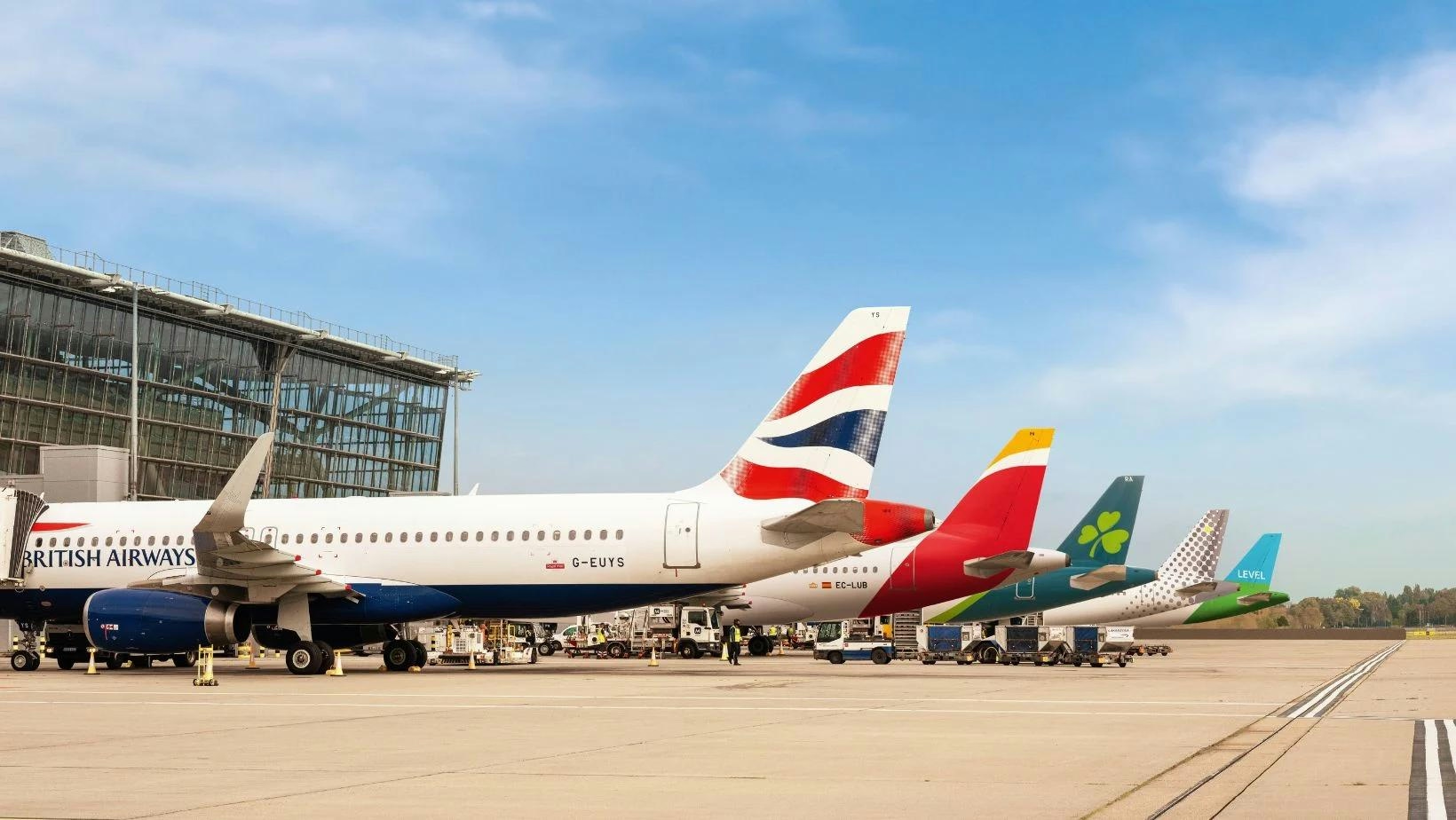AeroGenie — Ваш интеллектуальный второй пилот.
В тренде
Categories
International Airlines Group Selects DAITY for Accelerator Program

International Airlines Group Selects DAITY for Flagship Innovation Accelerator
DAITY Joins IAG’s Largest Cohort to Date
Toronto-based artificial intelligence innovator DAITY has been selected to participate in the 2025 IAGi Accelerator, the flagship innovation program of International Airlines Group (IAG). This year’s cohort is the largest in the program’s history, comprising 29 startups that will collaborate with IAG and its leading airlines to pilot AI-driven solutions aimed at enhancing aviation risk management. DAITY’s inclusion highlights IAG’s strategic emphasis on harnessing cutting-edge technology, particularly artificial intelligence and sustainable aviation fuel, to drive innovation across its operations.
The IAGi Accelerator is structured around two distinct tracks: ‘Discover,’ which targets early-stage startups, and ‘Deploy,’ designed for more mature solutions. This dual-track approach reflects IAG’s comprehensive strategy to integrate emerging technologies throughout the organization, fostering innovation at multiple levels.
DAITY’s AI Platform and Its Role in Aviation Risk Management
DAITY was selected for its unique capability to unify fragmented data from a variety of internal and external sources, offering a consolidated and actionable view of critical risk factors. Its AI-powered analytics accelerate the generation of insights, enabling rapid and informed decision-making in response to emerging risks and opportunities. The platform’s seamless integration with existing enterprise workflows ensures that teams can adopt the technology without disrupting established processes.
Sanjay Lashand, Founder of DAITY, emphasized the company’s commitment to simplicity, security, and impact in enterprise AI. He noted that being chosen by IAG, a recognized leader in aviation innovation, validates DAITY’s vision and the tangible value it delivers. The platform is designed for rapid deployment, often within days, and is adaptable to the complex needs of large multinational organizations such as IAG. By transforming siloed and complex data into actionable intelligence, DAITY supports responsible innovation at scale.
Collaboration Focus and IAG’s Innovation Strategy
Participation in the IAGi Accelerator will enable DAITY to demonstrate how advanced AI can address some of the most pressing challenges in aviation. The collaboration will concentrate on risk management issues, including forced labor and modern slavery, while also advancing operational efficiency, sustainability, and supply chain transparency.
IAG’s commitment to innovation is underscored by its recent strong financial performance, with operating profit and revenue growth surpassing market expectations. Although competitors and the broader market have yet to respond publicly to the latest accelerator cohort, IAG’s proactive engagement with emerging technologies signals its determination to maintain a leadership position in the aviation sector.
About DAITY
DAITY offers a next-generation AI platform designed to prioritize privacy, speed, and ease of use. The company empowers organizations to leverage advanced analytics, automate research processes, and mitigate risk, thereby enabling responsible innovation for some of the world’s most demanding enterprises.

Emirates Unveils Cabin Design for New Boeing 777X

Eighteen Years On, the Airbus A380 Remains Central to a $34 Billion Airline

How a boom in luxury airline seats is slowing down jet deliveries

Navitaire Outage Attributed to Planned Maintenance

DigiYatra Debuts Outside Aviation at India AI Impact Summit

Vietnam Orders Strengthen Boeing’s Commercial Outlook

Airbus Signals Uncertainty Over Future A400M Orders

JobsOhio Awards $2 Million Grant to Hartzell Propeller for Innovation Center

Collins Aerospace Tests Sidekick Autonomy Software on YFQ-42A for U.S. Air Force CCA Program

How the Airbus A350-1000 Compares to the Boeing 777
